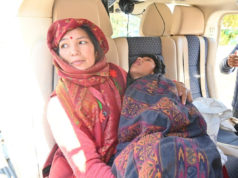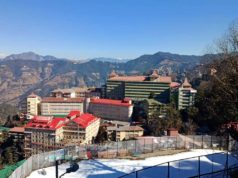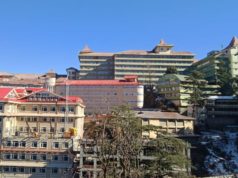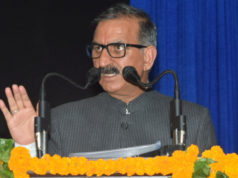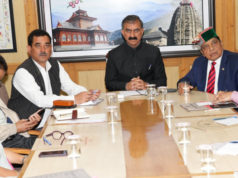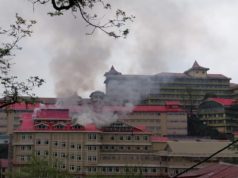Shimla – In a move that could potentially disrupt healthcare services in the region, 155 doctors from the Indira Gandhi Medical College and Hospital (IGMC) in Shimla have commenced a 37-day winter vacation from today. The vacation, scheduled to last until February 8 for the first session and from February 10 to March 18 for the second session, is expected to pose significant challenges for patients seeking medical attention during this period.
The decision has raised concerns among the local population as patients currently undergoing treatment and those requiring urgent medical care may face difficulties due to the absence of a considerable number of healthcare professionals.
The first session of the vacation, spanning from January 2 to February 8, will be followed by a Common Day on February 9. Subsequently, the second session, from February 10 to March 18, will see the absence of 152 doctors, extending the holiday period to a total of 74 days.
This prolonged absence is likely to lead to delays in scheduled medical procedures, surgeries, and routine treatments, affecting the overall healthcare delivery system in the region. Patients are anticipated to experience prolonged waiting times, and the operational efficiency of the hospital may be compromised during this period.
Hospital authorities have yet to release a comprehensive plan to address the potential challenges posed by the mass absence of medical staff. Concerns are being raised about the impact on patients, especially those with chronic illnesses or those requiring immediate medical attention.
The winter vacation tradition, while providing a necessary break for medical professionals, raises questions about the continuity and accessibility of healthcare services, especially in regions where healthcare facilities are limited.
As the vacation period progresses, local authorities and hospital management will need to explore contingency plans to ensure that patients continue to receive necessary medical care and that the impact on healthcare services is minimized. The situation will undoubtedly be closely monitored by both the public and healthcare professionals as the region navigates through this period of reduced medical staff availability.


